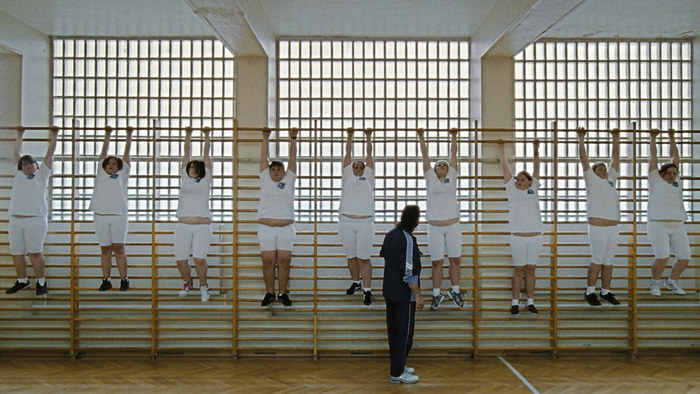
VIFF 2013 Review – Paradise Hope
Film, ReviewsUlrich Seidl’s third feature in the Paradise trilogy simultaneously entertains and challenges viewers at VIFF 2013. Preceded by Paradise: Faith and Paradise: Love, Paradise: Hope is less caustic than the Austrian director’s former two films, but offers social criticism all the same.
Paradise: Hope follows Melanie Lenz, an overweight 13-year old who is sent to diet camp over the summer. When laughing at—or with—the teenagers as they make fun of themselves in mumblecore style conversations, and sneak in a bit of partying time at the camp, it is hard to notice the film’s absurd plot.
At camp, Melanie becomes infatuated with the doctor, whose friendly demeanor fuels her sense of hope and self-esteem. The doctor’s character is a striking example of the effect of ambiguity in film. Masterfully acted by Joseph Lorenz, the doctor’s subtlety and distance engage the viewer to empathize with Melanie, emphasizing Seidl’s strengths, which refrain from didacticism, therefore inviting judgment.
The improvisational dialogue and balanced pacing make for a very enjoyable film which rings true to Seidl’s exploration of love, the lack of it, and the extent people reach to search for it. In Paradise: Hope, all the characters’ bodies—including the doctor’s lean and athletic body—are subject to a realistic lens, which hints at an obsession with appearance and the need to be socially acceptable or likeable by means of this.
With an inconclusive ending, Seidl seems to turn the camera on our ability to feel schadenfreude. Filled with tense and tender moments that dissolve in laughter from the audience, Seidl does what he does best once again: makes people love films about people most people love to hate.
Catch the last screening during VIFF 2013 on October 7, 4:45 p.m. at The Rio.























